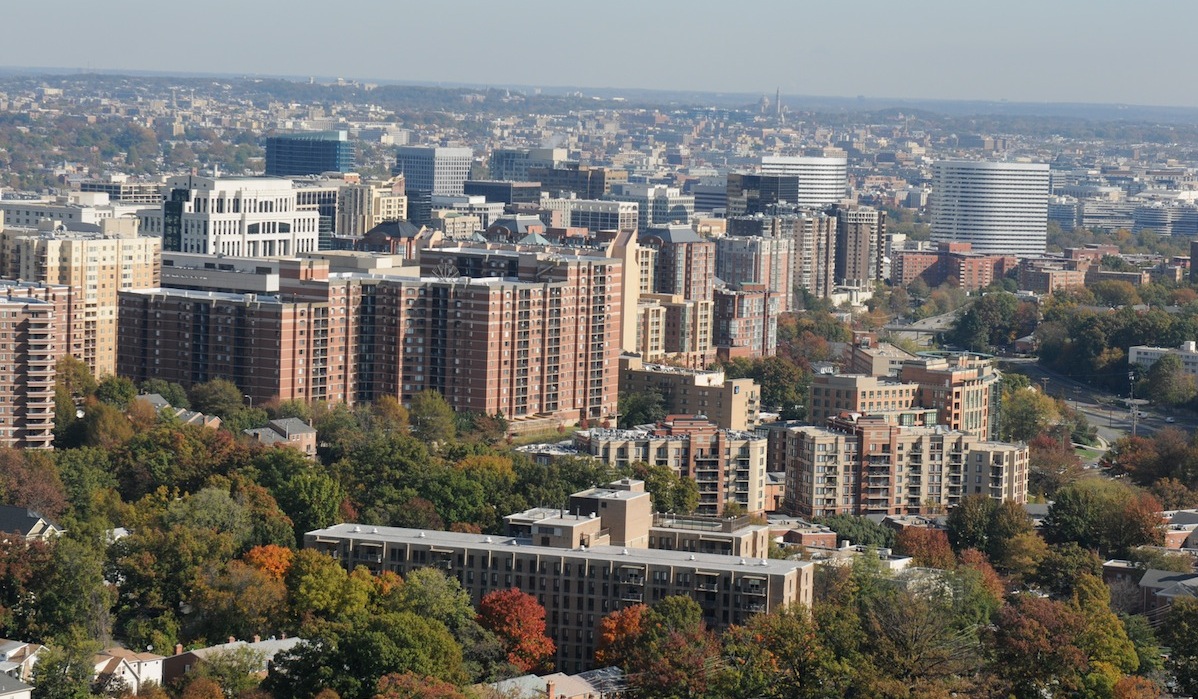Virginia has edged out Florida as the state with the most stringent hurricane building codes, according to the Institute for Business and Home Safety’s “2015 Rating the States” report.
Florida, which overhauled its building codes after Hurricane Andrew in 1992, slipped to the second spot. Most states with strong building code systems in place at the time of IBHS’s first report in 2012 remain committed to building safety, the organization says.
Most of these states have updated their codes to the latest model code editions, or are in the process of doing so, and maintained effective enforcement systems.
Some states, however, took no action to improve their codes, and a few have weaker systems in place now than in 2012, IBHS says. The study assesses the progress of 18 hurricane-prone coastal states along the Gulf of Mexico and the Atlantic Coast.
Another study done by IBHS, the University of Florida and the FEMA Mitigation Assessment Team following Hurricane Charley, which struck Florida in 2004, found that modern building codes reduced the cost of insurance losses by 42% and the number of insured losses by 60%.
Related Stories
| Oct 9, 2014
Seattle puts restrictions on micro apartments
The Seattle City Council passed new rules that new studio apartments in the city must measure at least 220 sf and contain at least two sinks.
| Oct 9, 2014
Cities get creative with stormwater management
Cities around the world are crafting stormwater management policies that include natural and manmade methods to store and absorb runoff to reduce flooding.
| Oct 2, 2014
Fannie Mae study says affordable rental units more energy efficient than market-rate units
Fannie Mae’s new report on energy usage in the multifamily sector found that affordable properties use 28% less energy per unit and are 29% smaller than market-rate properties.
| Oct 2, 2014
California Energy Commission launches code upgrade process
The California Energy Commission launched the upgrade process to Title 24, the state energy code, last month.
| Oct 2, 2014
Canals to mitigate flooding could be in Boston’s future
The Urban Land Institute held brainstorming sessions over the last several months involving more than 70 engineers, architects, and development and insurance specialists to examine how rising sea levels would affect four representative areas in and around Boston.
| Oct 2, 2014
Los Angeles reverses ban on high-rise slanted roofs and spires
Los Angeles reversed course last month on a regulation that had barred skyscrapers from having slanted roofs or spires.
| Sep 29, 2014
10 common deficiencies in aging healthcare facilities
VOA's Douglas King pinpoints the top issues that arise during healthcare facilities assessments, including missing fire/smoke dampers, out-of-place fire alarms, and poorly constructed doorways.
| Sep 29, 2014
Report finds links between office design, health and productivity
A new report from the World Green Building Council finds “overwhelming evidence” to support office design as a significant influencer of the health, wellbeing and productivity of staff.
| Sep 29, 2014
San Francisco office tower is first U.S. building to earn LEED Platinum v4 certification
One Sansome Street, San Francisco is the first building in the U.S. to achieve LEED Platinum v4 certification. The building is also only the second property worldwide to be awarded with v4 certification.
| Sep 29, 2014
Navy to begin BIM phased implementation in October
The U.S. Naval Facilities Engineering Command will begin its Building Information Management and Modeling (BIM) Phased Implementation Plan in October.
















